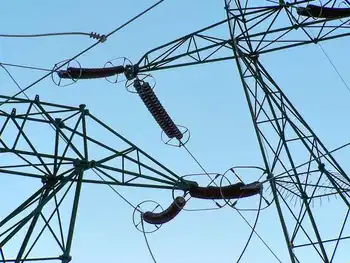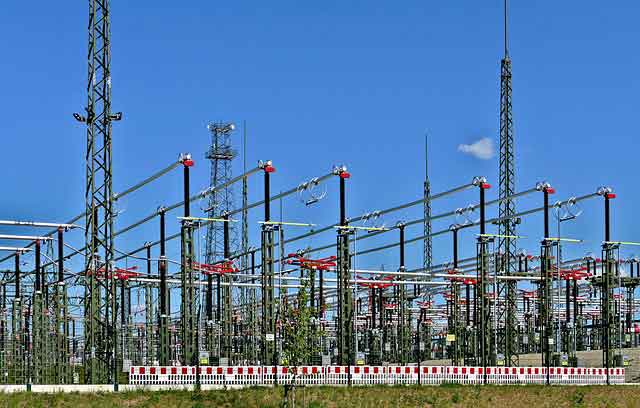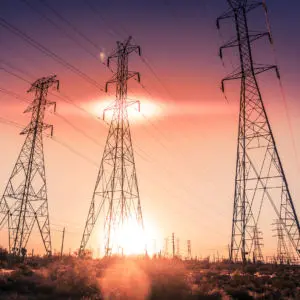Power woes may haunt suburbs this summer
He said Reliance Energy could have headed off the problem if the state and other players had allowed it to expand its Dahanu facility and set up new plants five years ago.
"At that time, we were told that the state had surplus power and there was no nee for new projects," Jalan said.
Reliance Energy supplies power to the western suburbs between Bandra and Dahisar and eastern suburbs between Sion and Vikhroli, while the Brihanmumbai Electric Supply and Transport (BEST) caters to the island city. BEST buys power from Tata Power Company, which also supplies Reliance Energy and bulk consumers like airports, railways, hospitals and sensitive installations.
In regular conditions, the three companies together supply 2,300 MW a day to Mumbai and they xpect the demand to cross 3,000 MW this summer. Best General Manager Uttam Khobragade, assuring constant power supply to the island city, said it would face no shortfall.
Other parts of Mumbai are already facing the heat. Mahavitaran - the state utility that distributes power to eastern suburbs like Kanjurmarg, Bhandup and Mulund - enforces three to four-hour power cuts every day. The situation is even worse in the sat llite towns of Thane, Navi Mumbai and Kalyan-Dombivli, as well as the rest of Maharashtra, which face up to 12 hours of power cuts every day.
Mahavitaran supplies to the Mumbai power distributors when their units are shut for repairs. It charged some utilities for overdrawing power even during normal situations and asked for a penalty and higher selling price. While Tata and BEST declined to comment on Mahavitaran's charges, Jalan said Reliance Energy did not draw Mahavitaran power.
Related News

Heat Exacerbates Electricity Struggles for 13,000 Families in America
NEW YORK - In a particular pocket of America, approximately 13,000 families endure the dual challenges of sweltering heat and living without electricity. This article examines the factors contributing to their plight, the impact of living without electricity during hot weather, and efforts to alleviate these hardships.
Challenges Faced by Families
For these 13,000 families, daily life is significantly impacted by the absence of electricity, especially during the scorching summer months. Without access to cooling systems such as air conditioners or fans, residents are exposed to dangerously high temperatures, which can lead to heat-related illnesses and discomfort, particularly among vulnerable…





